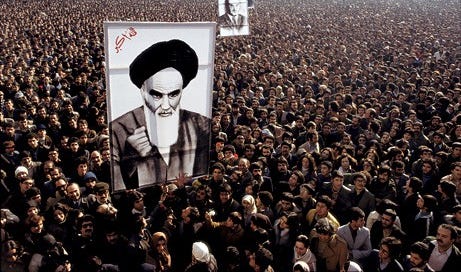Islamic philosophy is rooted in a spiritual worldview with fundamental principles known through divine revelation. In contrast, the Third World project of national and social liberation has been forged by exceptional anti-colonial leaders on the basis of a synthesis of modern Western individualist materialism, Marxist-Leninist historical materialism, and traditional religious and spiritual worldviews. The philosophical difference between traditional religious conceptions and the Third World project was noted by the imperialist powers, which gave material support to traditionalism in a temporarily successful effort to undermine the advance of the Third World project.
The triumph of the Islamic Revolution in Iran in 1979 was a victory for a particular version of Islam, Shiite Islam, which gave greater emphasis to questions of economic and social justice, even as it maintained a spiritual worldview. Meanwhile, the Third World project of national and social liberation took in…


